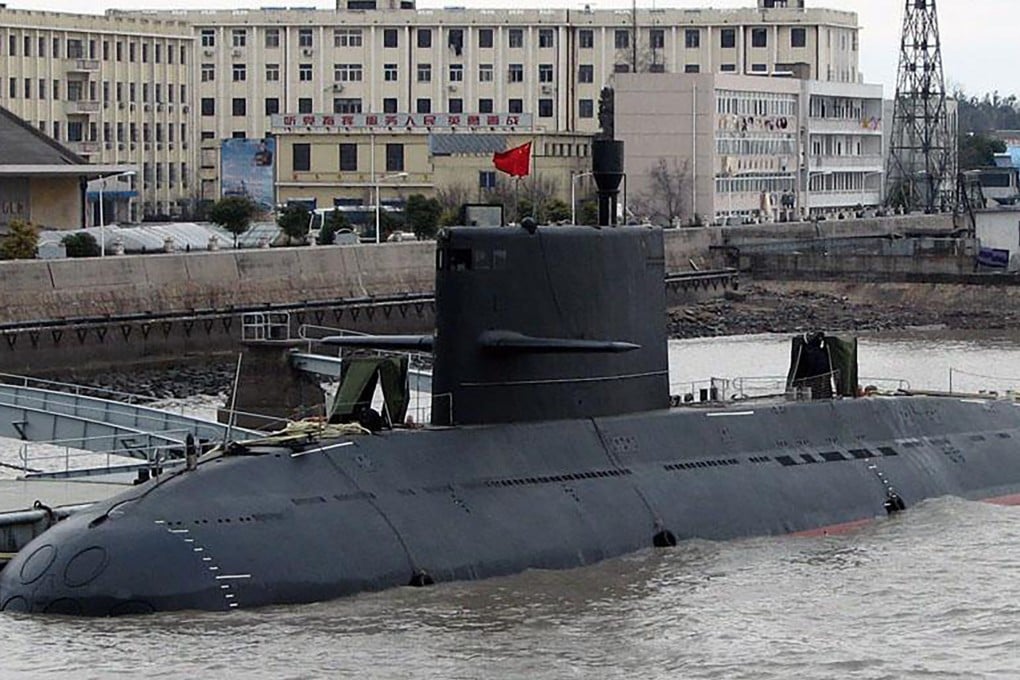Thai PM Srettha Thavisin’s pick of frigate from ‘elder brother’ China over submarine sparks probe into deal
- Thailand’s opposition is demanding a refund and a fine against the Chinese firm involved in the deal
- Thai PM Srettha Thavisin has discussed the revised frigate deal with Chinese President Xi Jinping in Beijing, according to local media

Thailand’s Prime Minister Srettha Thavisin has backed a revised deal to buy a frigate from China instead of a submarine as the decision faced scrutiny from an opposition-controlled parliamentary panel which said the trade-off was not worth the investment.
State-run China Shipbuilding & Offshore International signed an agreement with Thailand’s navy in 2017 for the Yuan class S26T submarine worth 13.5 billion baht (US$373 million).
The project struggled to make progress after the manufacturer failed to obtain diesel engines made by Germany’s MTU as stated in the contract.
Berlin said the export was refused because of the equipment’s use for a Chinese military item, prompting the firm to offer Chinese-made engines for the vessel.
But Thailand could not agree on accepting that option despite several rounds of talks.